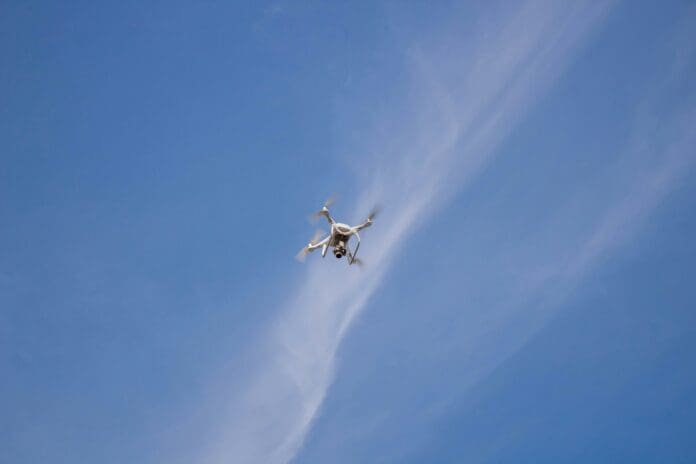This post is also available in:
 עברית (Hebrew)
עברית (Hebrew)
Xona Space Systems is making strides in providing an alternative to GPS with its cutting-edge Positioning, Navigation, and Timing (PNT) system, which has gained the attention of the U.S. military. The company recently secured a $4.6 million contract from the Air Force Research Laboratory to demonstrate the effectiveness of its technology in supporting military operations, particularly in environments where GPS or other global navigation satellite systems (GNSS) signals are unavailable or disrupted.
Xona’s solution relies on a constellation of low-Earth orbit satellites, collectively known as PULSAR, to deliver robust navigation services. This satellite network is specifically designed to function in “GPS-denied” environments, making it highly valuable for military applications, where traditional GPS systems can be easily jammed or spoofed. According to NexGenDefense, the upcoming demonstration will focus on showcasing the system’s resilience to jamming and spoofing, improving its resistance to multipath interference, and enhancing secure key distribution.
The U.S. military has expressed particular interest in Xona’s PNT system for use in unmanned aerial systems (UAS) and autonomous vehicles, both of which rely on GPS for navigation. In situations where GPS signals are compromised, these systems can experience severe limitations, affecting their performance and mission success. Xona’s PULSAR technology offers a potential solution to this challenge, ensuring that these critical systems remain operational and effective even in hostile environments.
Brian Manning, CEO of Xona, emphasized the importance of combining mass-produced hardware with secure PNT services, noting that this partnership with the Air Force Research Laboratory will showcase the advanced capabilities of PULSAR and its application across a wide range of defense systems—from small drones to large military platforms.
To execute the demonstration, Xona is collaborating with industry partners QinetiQ, StarNav, and Locus Lock. This partnership marks a step forward in providing reliable, GPS-independent navigation solutions for modern military operations.


























